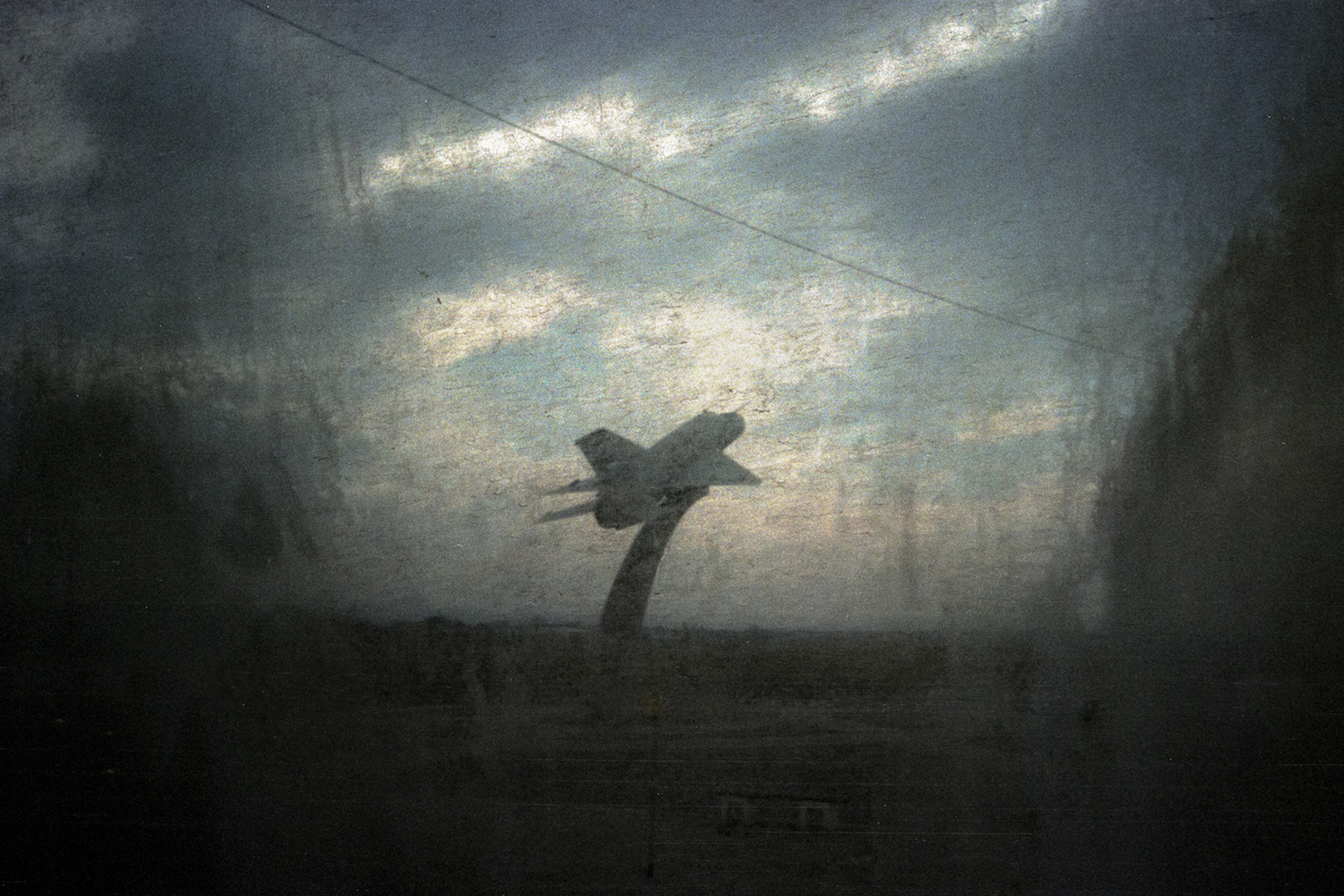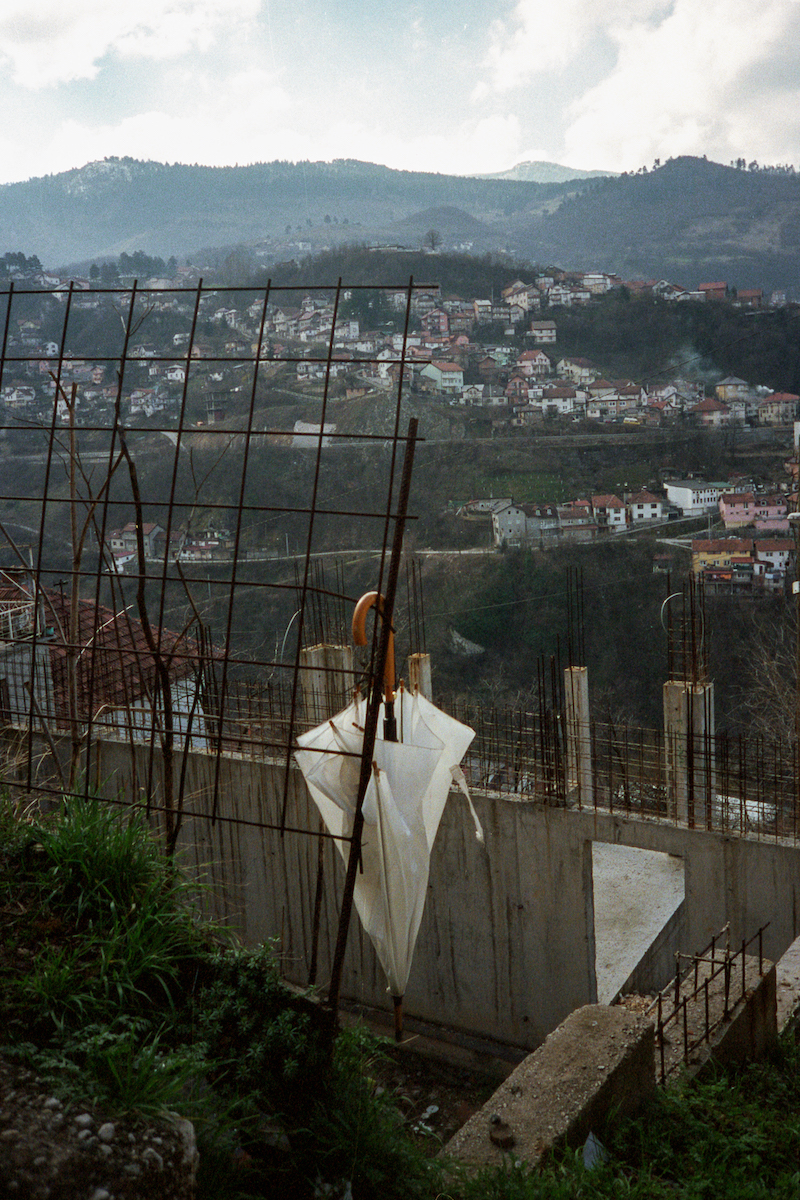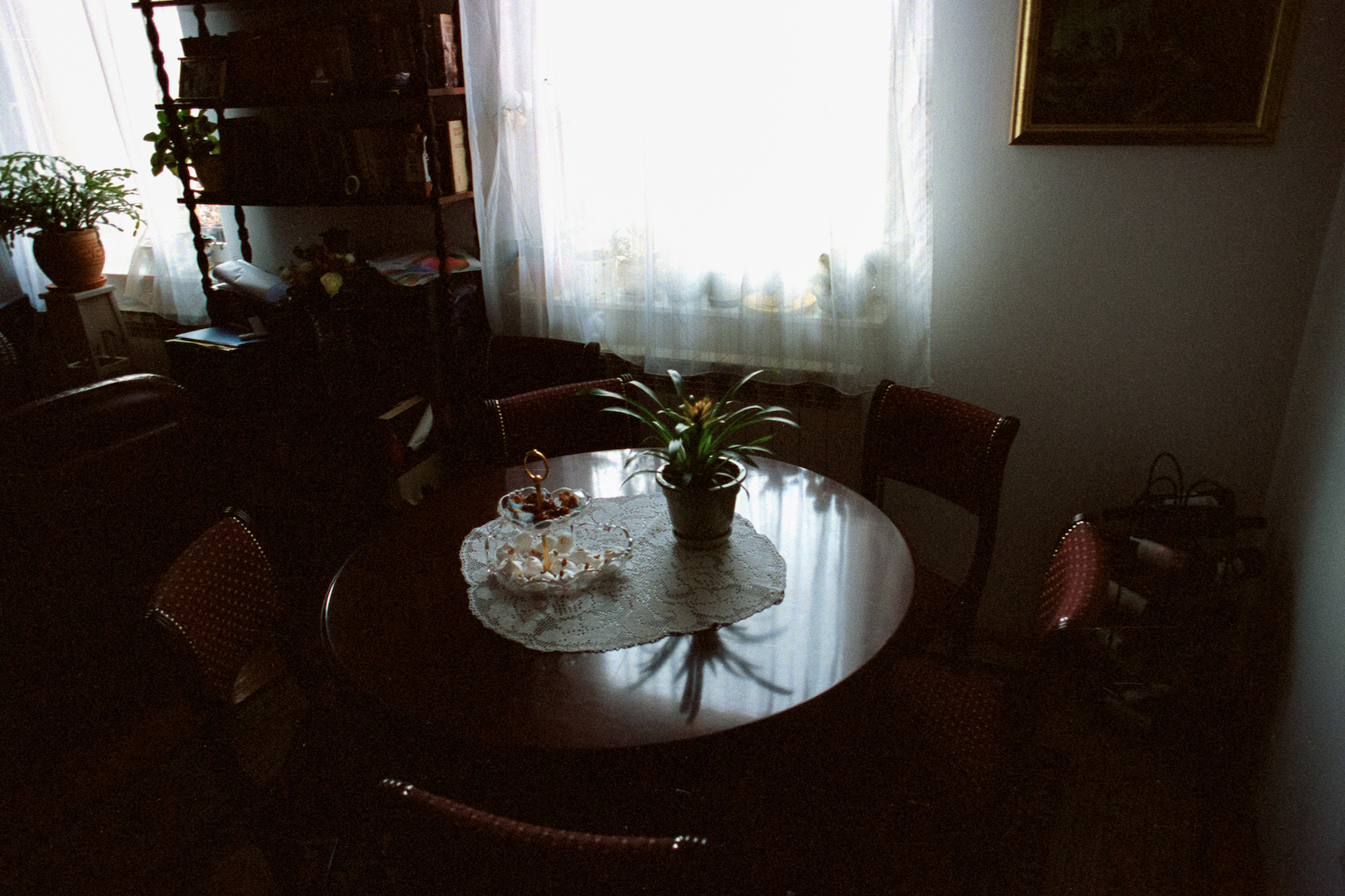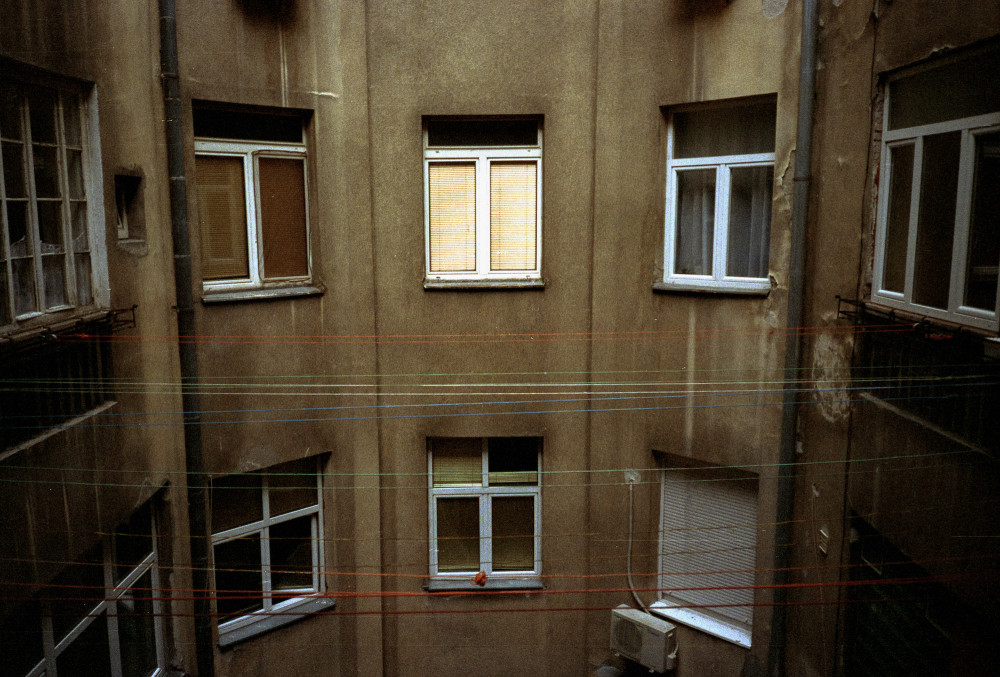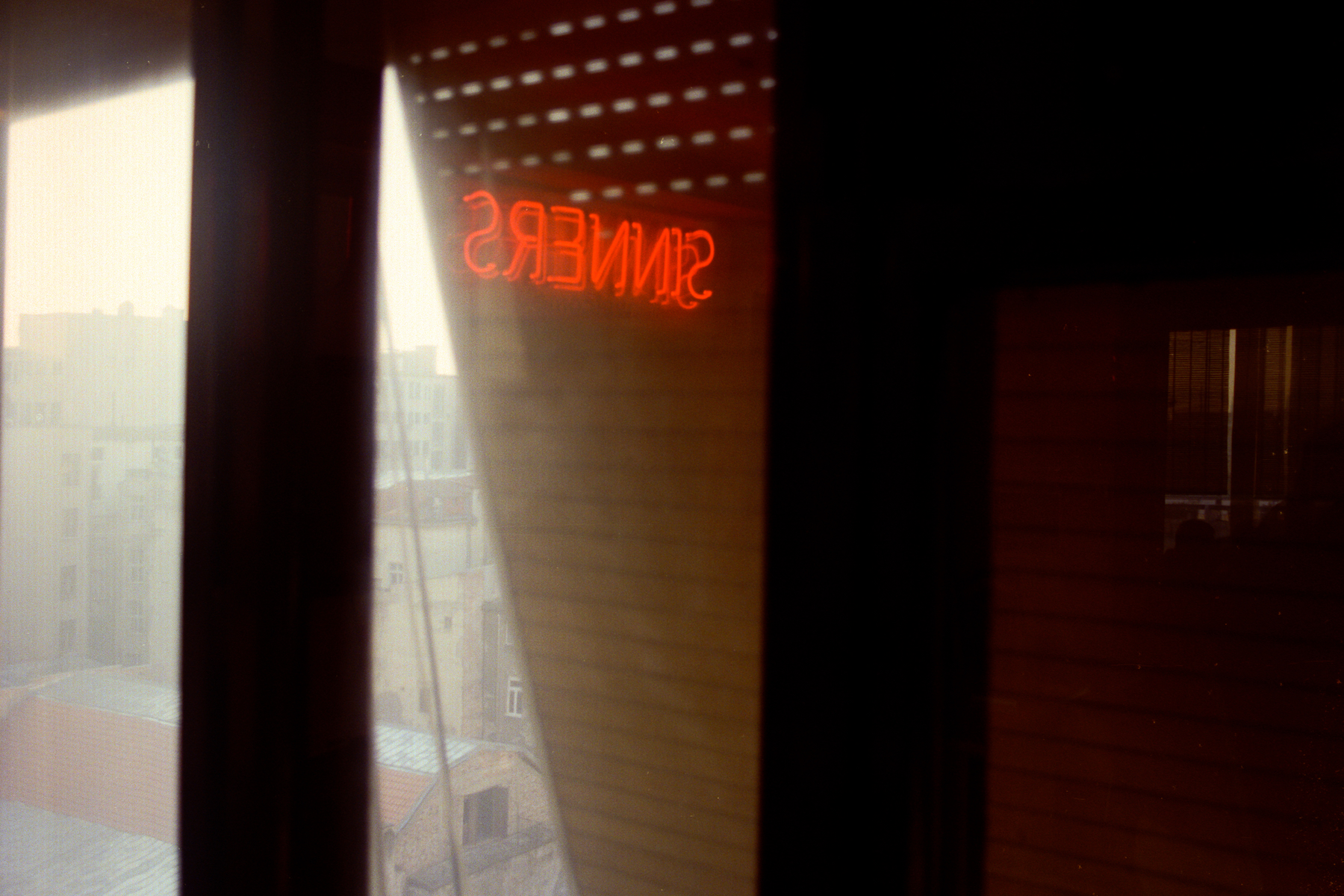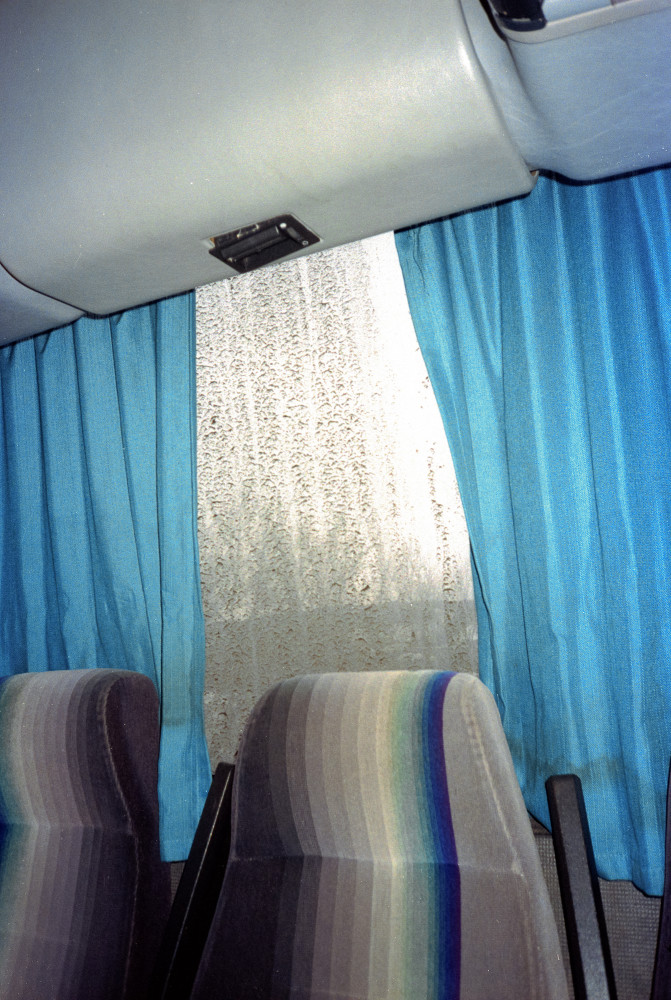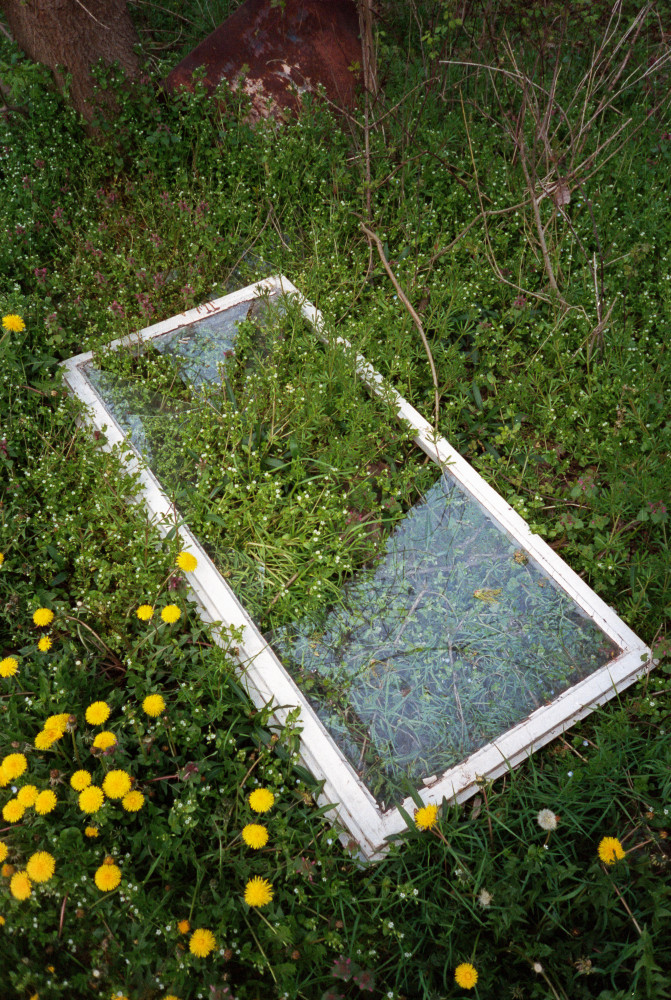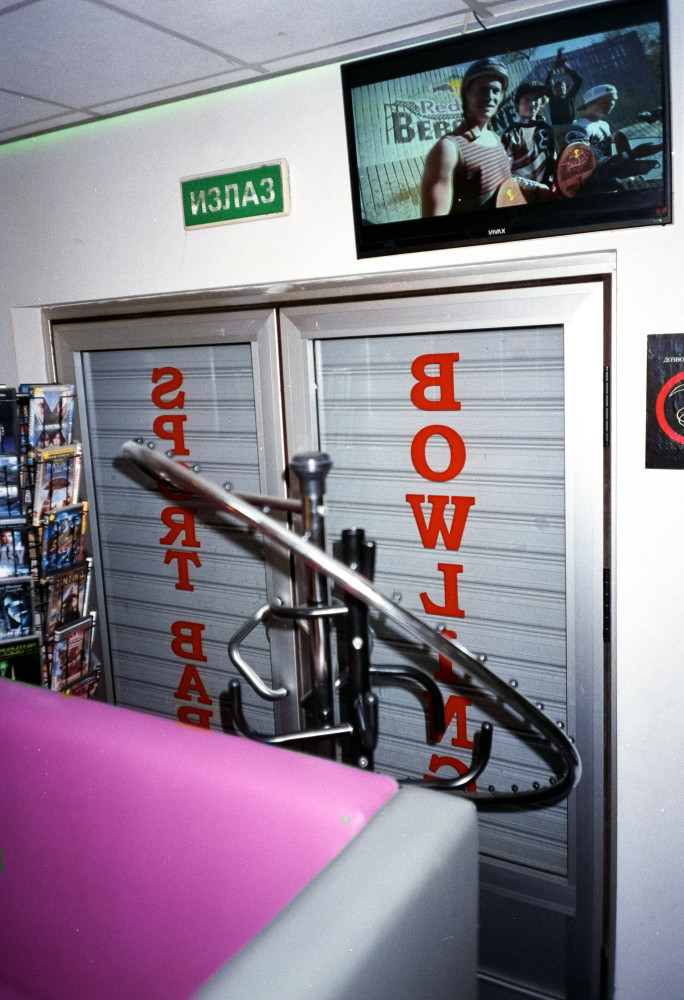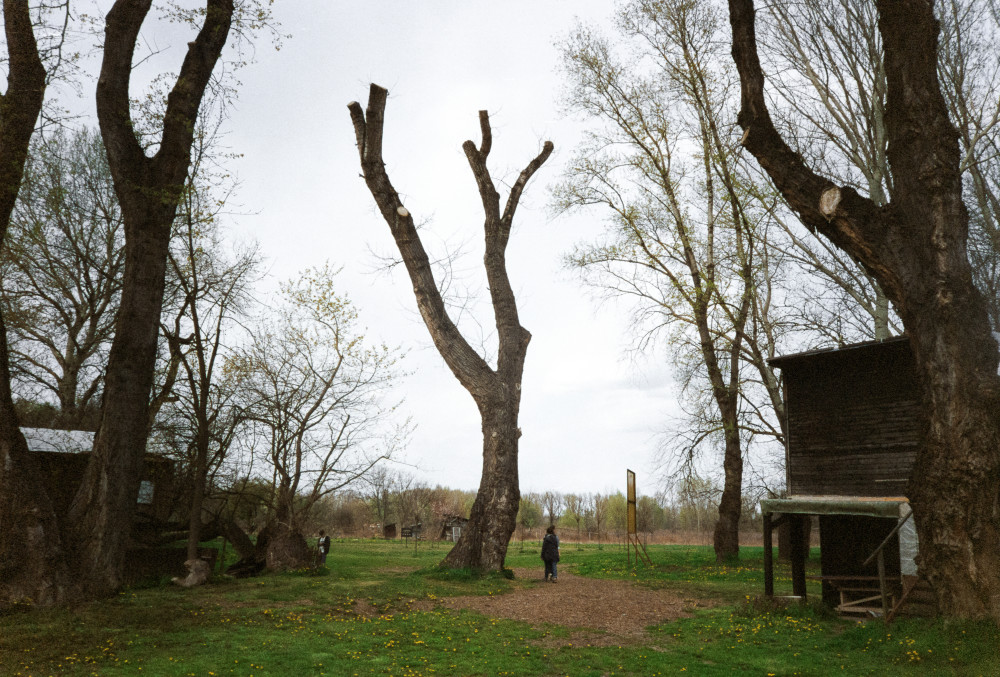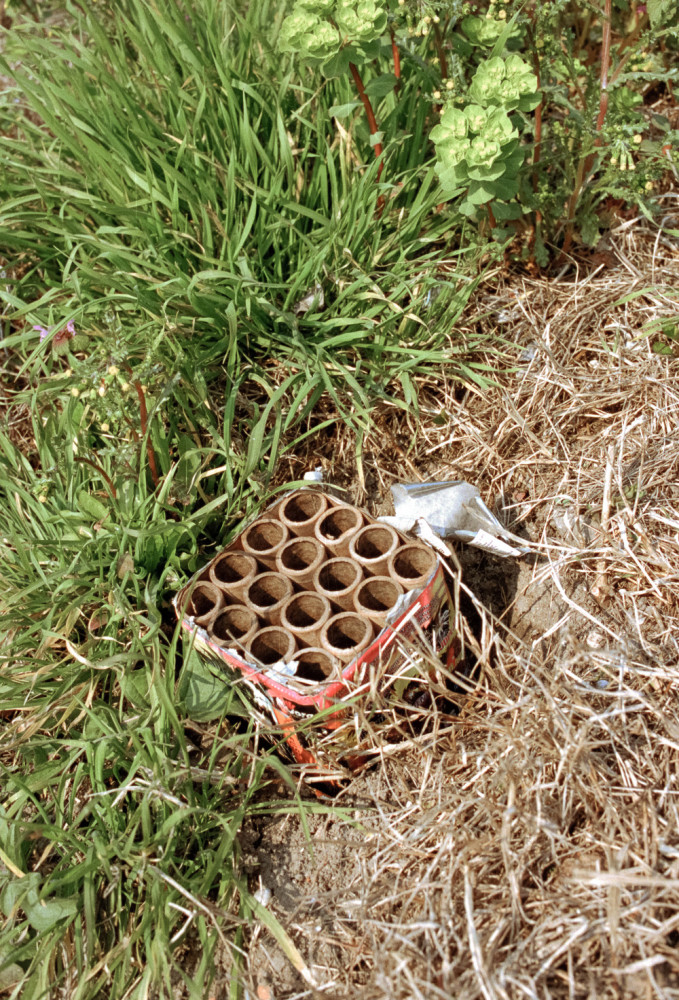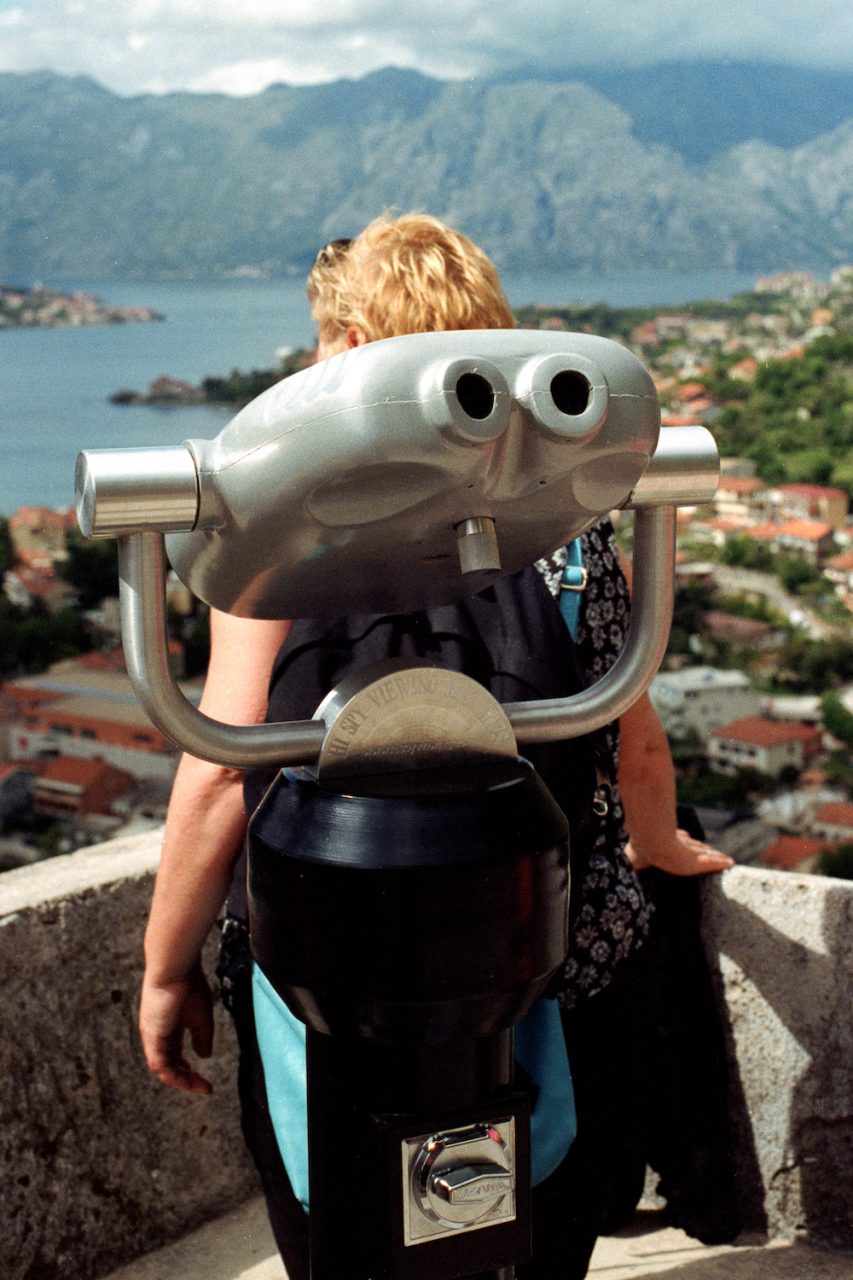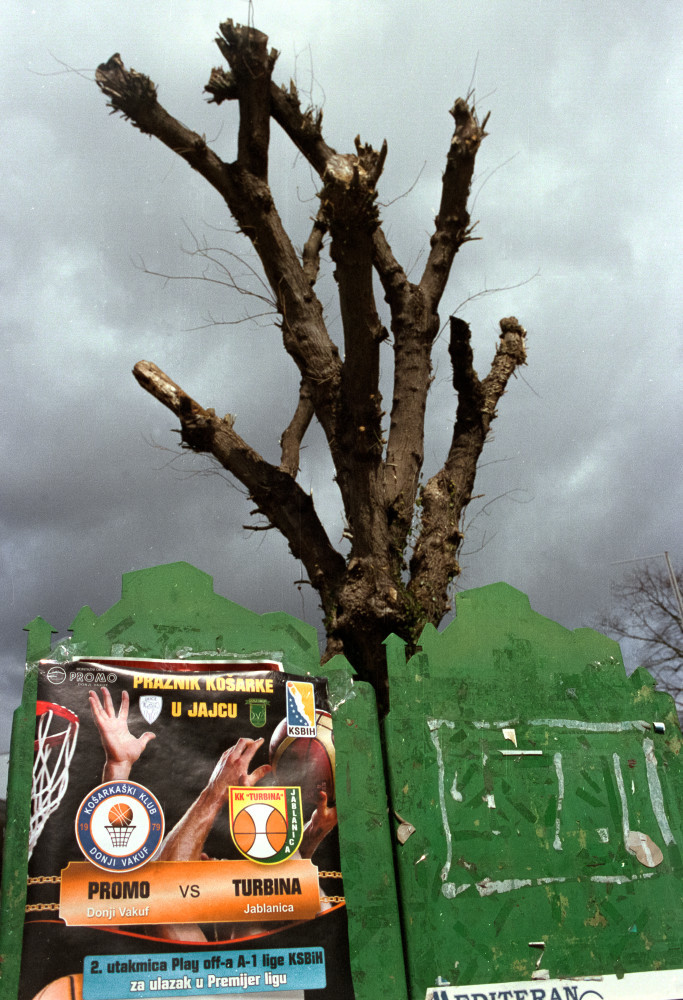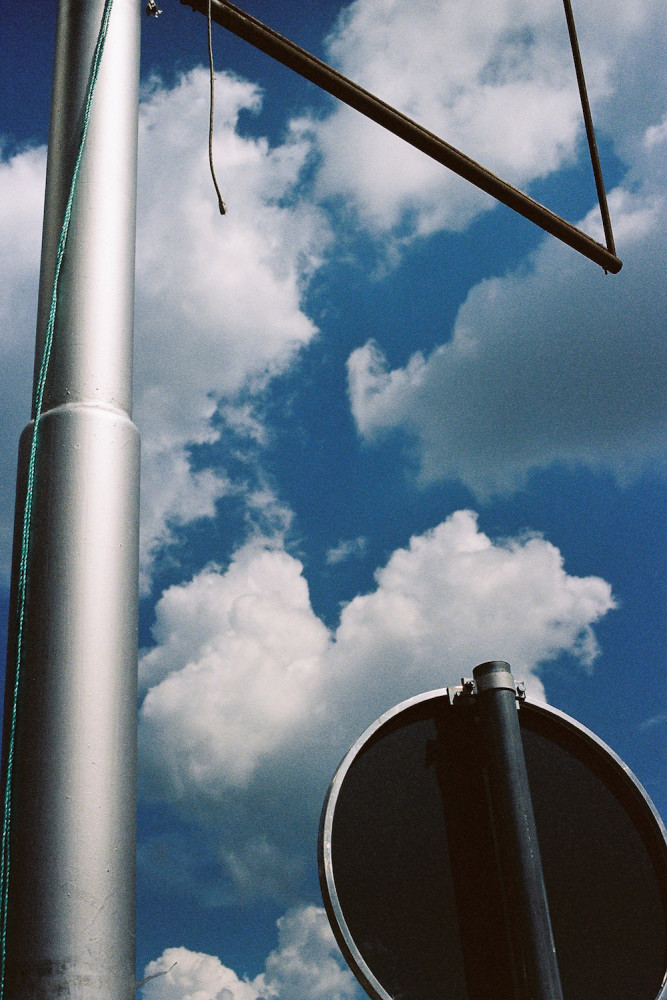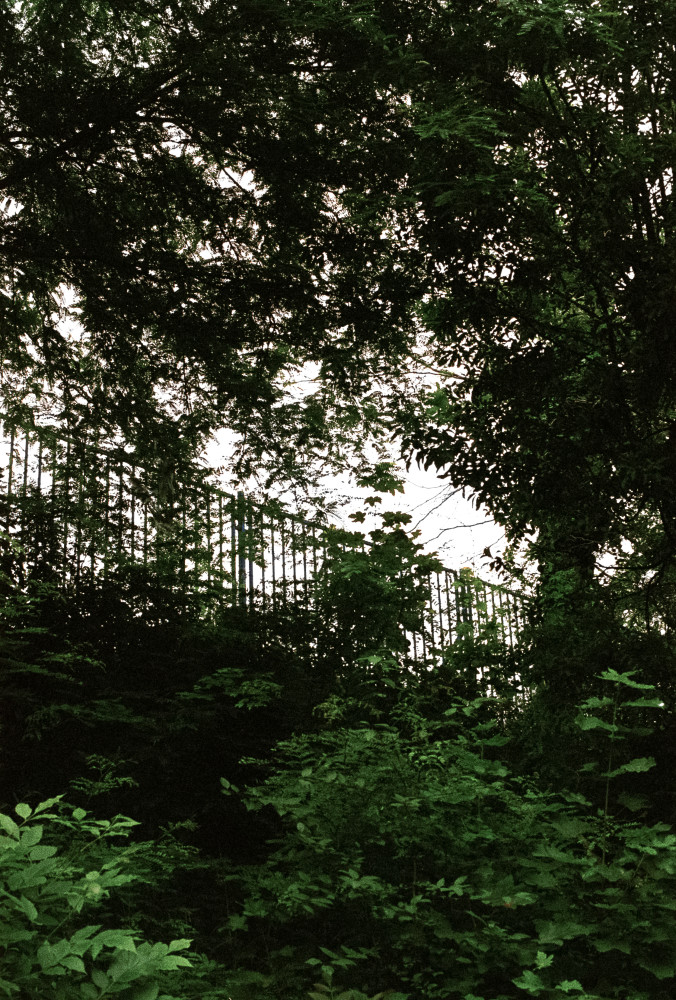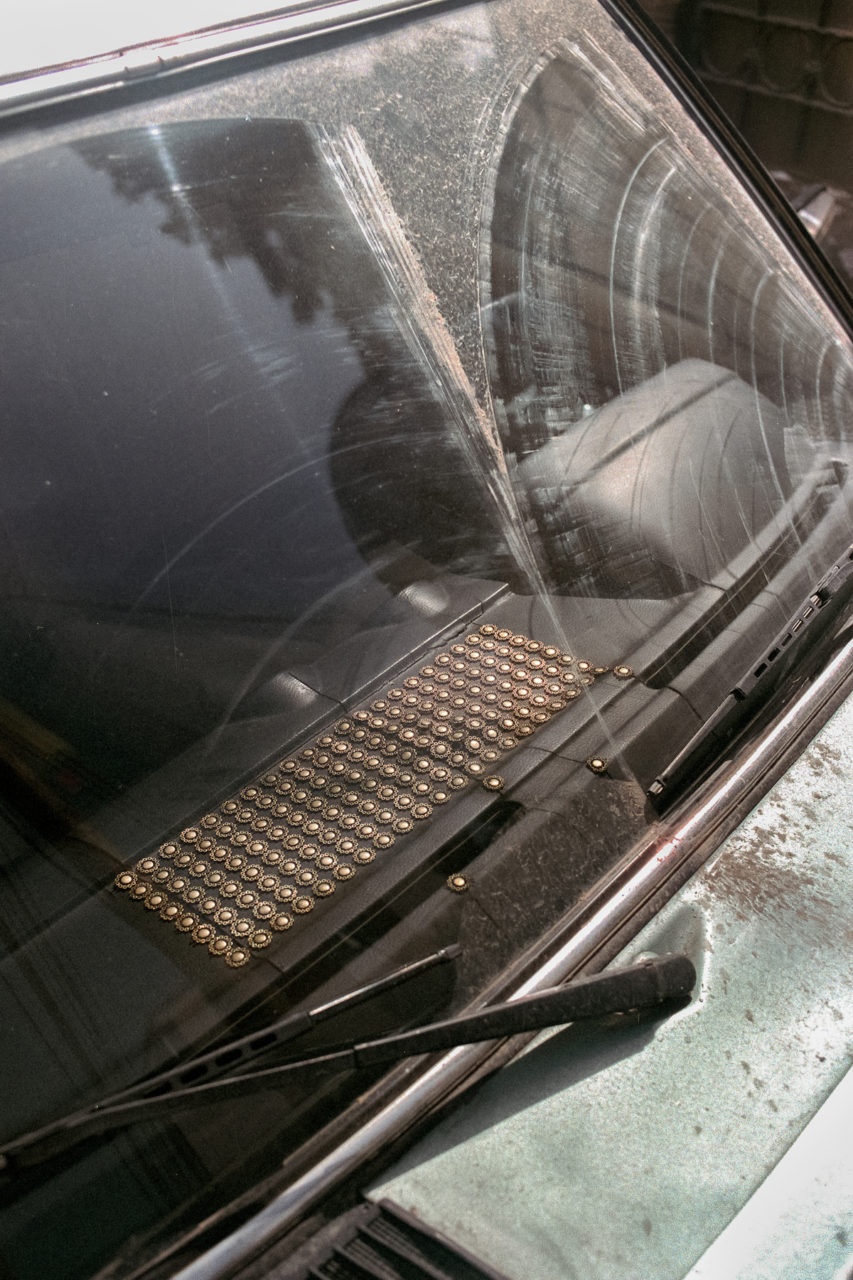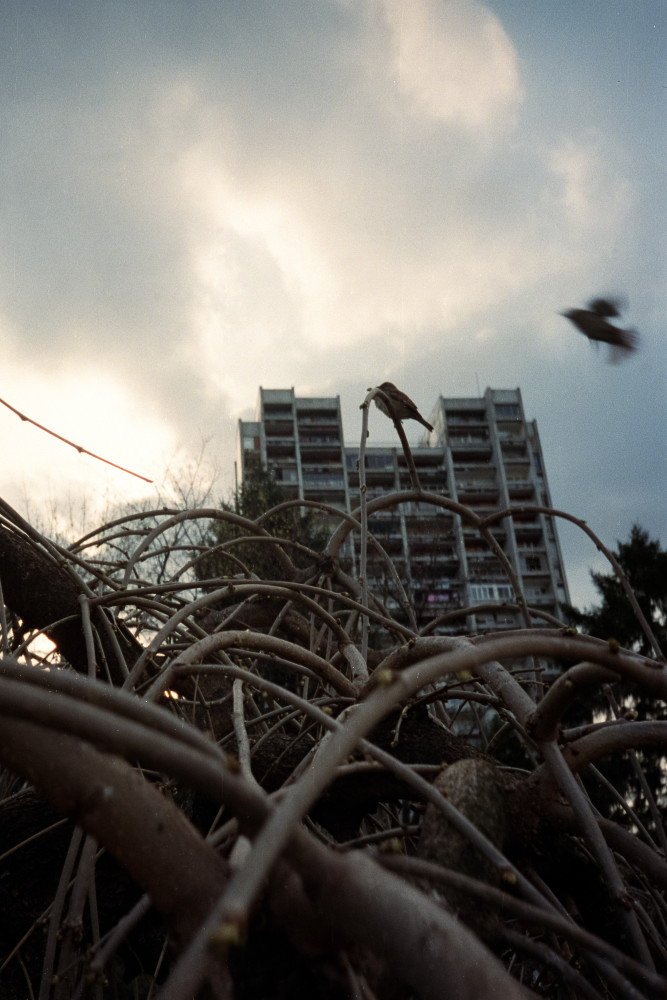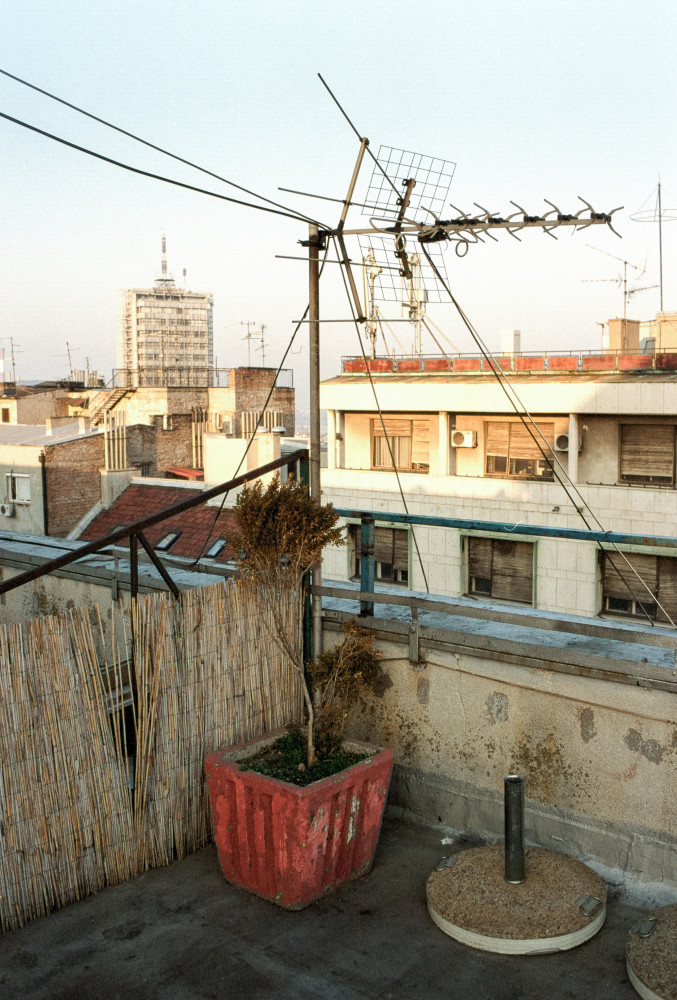The guestbook was the first thing I noticed in the Srebrenica Genocide Memorial. Its cover was heavy and worn, the thick pages containing any number of signatures from hundreds of visitors. That day’s page was empty so far, the date scrawled at the top in faint blue ink.
The book lay on a table in a glass shelter backgrounded by waves of headstones that radiated out into the hills. Two decades ago, the Bosnian Serb army descended upon Srebrenica, methodically killing over 8,000 Bosniak men and boys and bulldozing their remains into hastily-dug mass graves. The hills still conceal the remains of many whose last resting places are unknown, occasionally relinquishing a lucky few to find room among the uniform lines of graves.
The book demanded something. Some acknowledgment left in the faint impressions of blue ink on its heavy pages. Some recognition that I stood there as an outsider, removed yet somehow connected to the events that had swallowed Yugoslavia twenty years before.
The silence of that shelter stays with me still.
